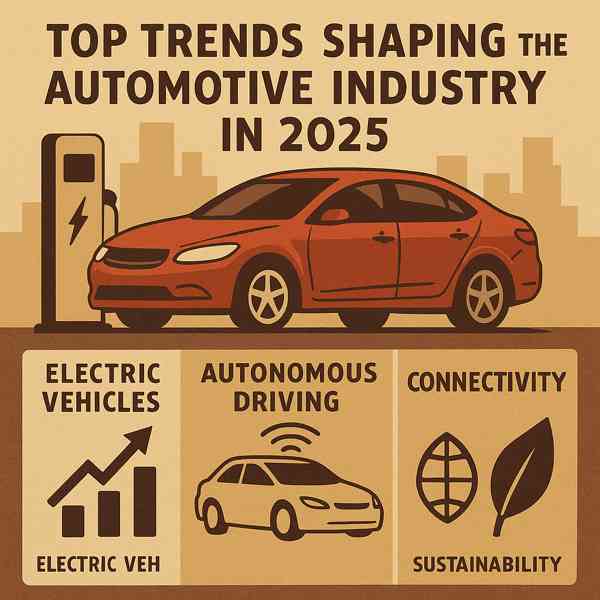From Gas to Green: Why EVs Matter
From Gas to Green: Why EVs Matter
Blog Article

With zero emissions and cutting-edge technology, EVs are quickly becoming a top alternative for personal and commercial travel.
As battery technology improves and infrastructure expands, owning an electric vehicle has never been more appealing.
What Are Electric Vehicles?
Electric vehicles are powered entirely by stored electricity, rather than traditional internal combustion engines.
Key components of EVs include:
- Electric motor
- Stores the electrical energy
- Manages energy flow from battery to motor
- Connects to home or public chargers
Electric vehicles come in various types, such as hybrid electric vehicles (HEVs)—each with different levels of electrification.
Advantages of Going Electric
The rise of electric vehicles is fueled by their numerous benefits.
Major benefits include:
- Lower operating costs
- Helps fight climate change
- Better overall driving comfort
- Financial perks for EV buyers
For eco-conscious and cost-aware drivers, electric vehicles are an increasingly forward-thinking choice.
Limitations to Consider
Despite the growing popularity of EVs, they still face some barriers that buyers should consider.
Common concerns include:
- May require more frequent charging
- Longer trips need planning
- More expensive upfront than comparable gas models
- Battery lifespan and replacement
As technology advances and infrastructure improves, many of these challenges are becoming less significant.
Different Kinds of EVs on the Market
Not all electric vehicles are the same.
Categories of electric vehicles:
- Battery Electric Vehicles (BEVs)
- Can switch between electric and fuel power
- Hybrid Electric Vehicles (HEVs)
- Emit only water vapor
Each type has its pros and cons, so buyers should understand the differences.
Understanding Charging Options
Charging an electric vehicle is simple once you understand your options.
How EVs get recharged:
- Level 1 Charging
- 240V outlet at home or public stations
- Can charge 80% in under an hour
- Wireless or inductive charging (emerging tech)
As public charging networks expand, EV owners will enjoy even more accessibility and peace of mind.
The Future of Electric Vehicles
As governments push for cleaner energy and manufacturers invest in innovation, the future of EVs looks bright.
Trends shaping more info the future include:
- Higher energy density and faster charging
- Using EVs to support the power grid
- Combining EV tech with self-driving systems
- Making EVs accessible to all drivers
As innovation continues, EVs will become more efficient, affordable, and widespread.
Conclusion
Electric vehicles represent a major shift in how we think about mobility.
From environmental benefits to cutting-edge tech, electric vehicles offer a exciting alternative to traditional cars.
Report this page